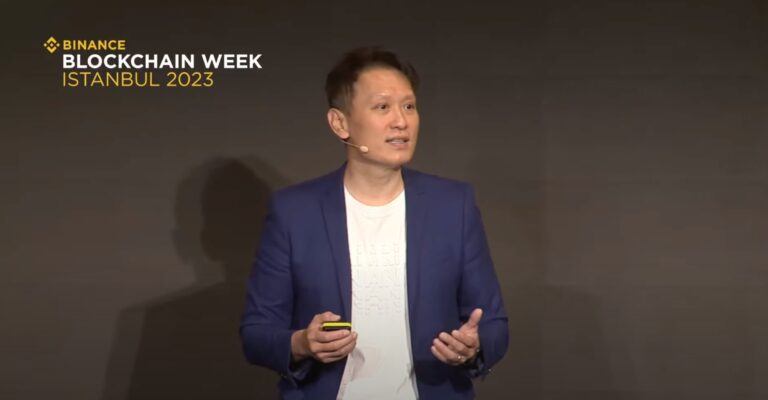Binance has witnessed a 40% increase in institutional and corporate investors joining its platform this year, CEO Richard Teng told CNBC during an interview at the Token2049 conference in Singapore. Teng, who became CEO in November 2023, emphasized that institutional involvement in the crypto space is still in its early stages, as many firms are still performing due diligence before fully committing. According to Teng, this surge marks the beginning of what could be a much larger wave of institutional investment in cryptocurrencies.
Teng highlighted that Binance has seen a substantial uptick in onboarding institutional and corporate clients, with a 40% rise so far this year. Although he did not disclose the names or sizes of these firms, Teng noted that this growth reflects increasing trust from larger financial players, despite the company’s past regulatory challenges in the U.S. Last year, Binance settled a $4.3 billion case, which led to the resignation of co-founder and former CEO Changpeng Zhao. Although Zhao stepped down, he remains a major shareholder, Teng confirmed in the CNBC interview.
As part of Binance’s transition, the company has shifted from being a founder-led firm to one run by a board of seven directors. Teng said this new structure aligns with regulatory standards, helping Binance position itself as a more established and reliable entity in the eyes of financial authorities.
During the interview, Teng also discussed the importance of regulatory clarity in the crypto market. He referenced the U.S. approval of spot exchange-traded funds (ETFs) for Bitcoin and Ether earlier this year as a key development that will provide mainstream users and institutions with more confidence. Teng linked Bitcoin’s surge to over $70,000 in March to increased institutional participation.
Teng also pointed to the growing interest in Bitcoin from major financial figures, such as BlackRock’s CEO Larry Fink, who once doubted Bitcoin but now refers to it as “digital gold.” Teng believes institutional players like BlackRock and Franklin Templeton are crucial to pushing crypto further into the mainstream.
Furthermore, Teng mentioned how Bitcoin’s price typically rises around 160 days after its halving, a technical event that reduces the amount of new bitcoin entering the market. The most recent halving occurred in April, and as of Wednesday, Teng noted that the market was just nine days away from reaching that 160-day milestone, hinting at potential price movements.
Featured Image via YouTube









